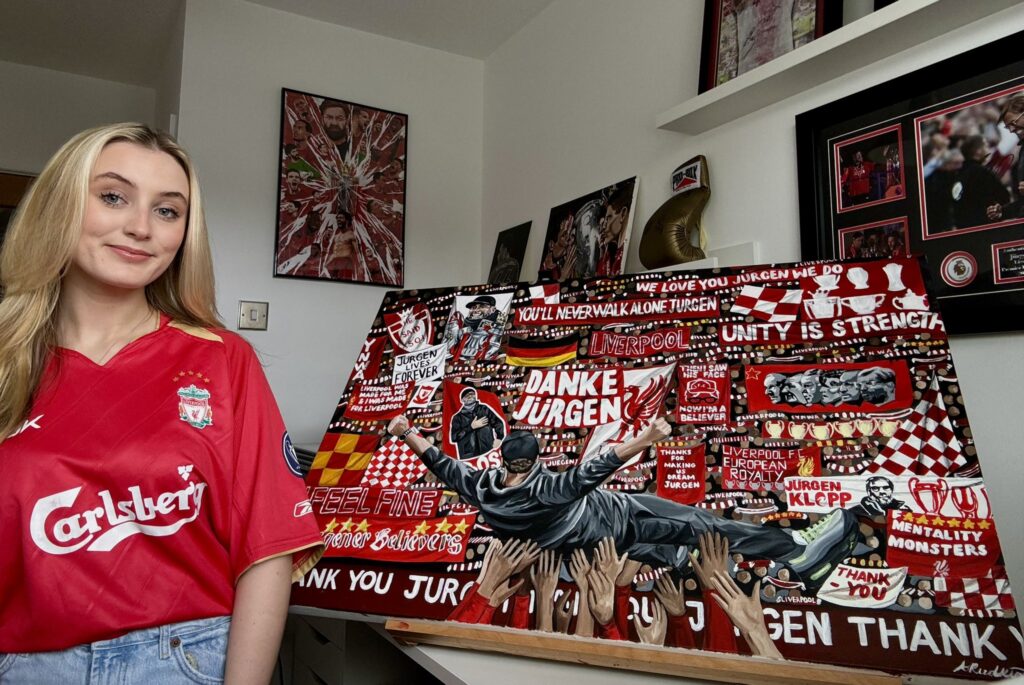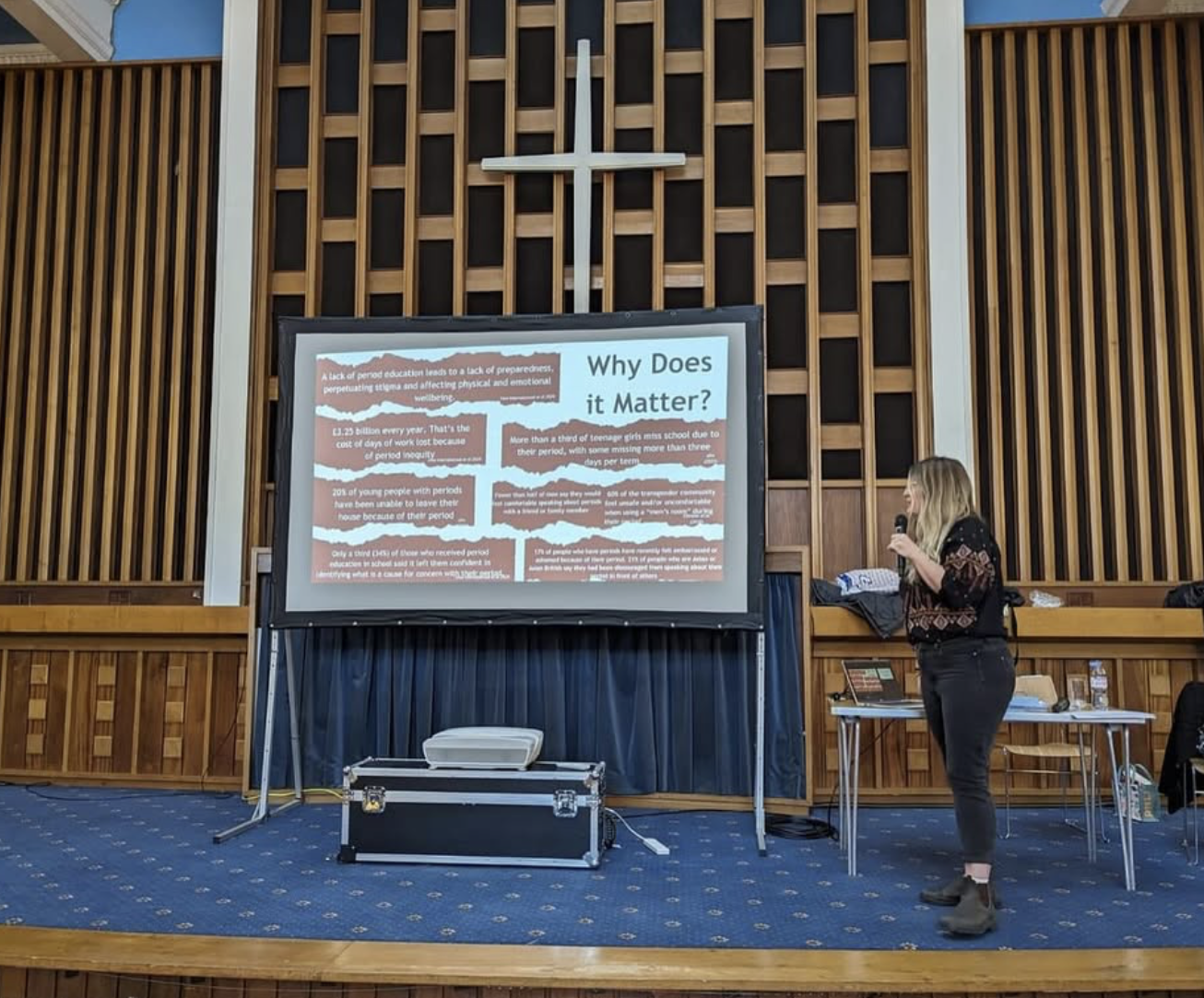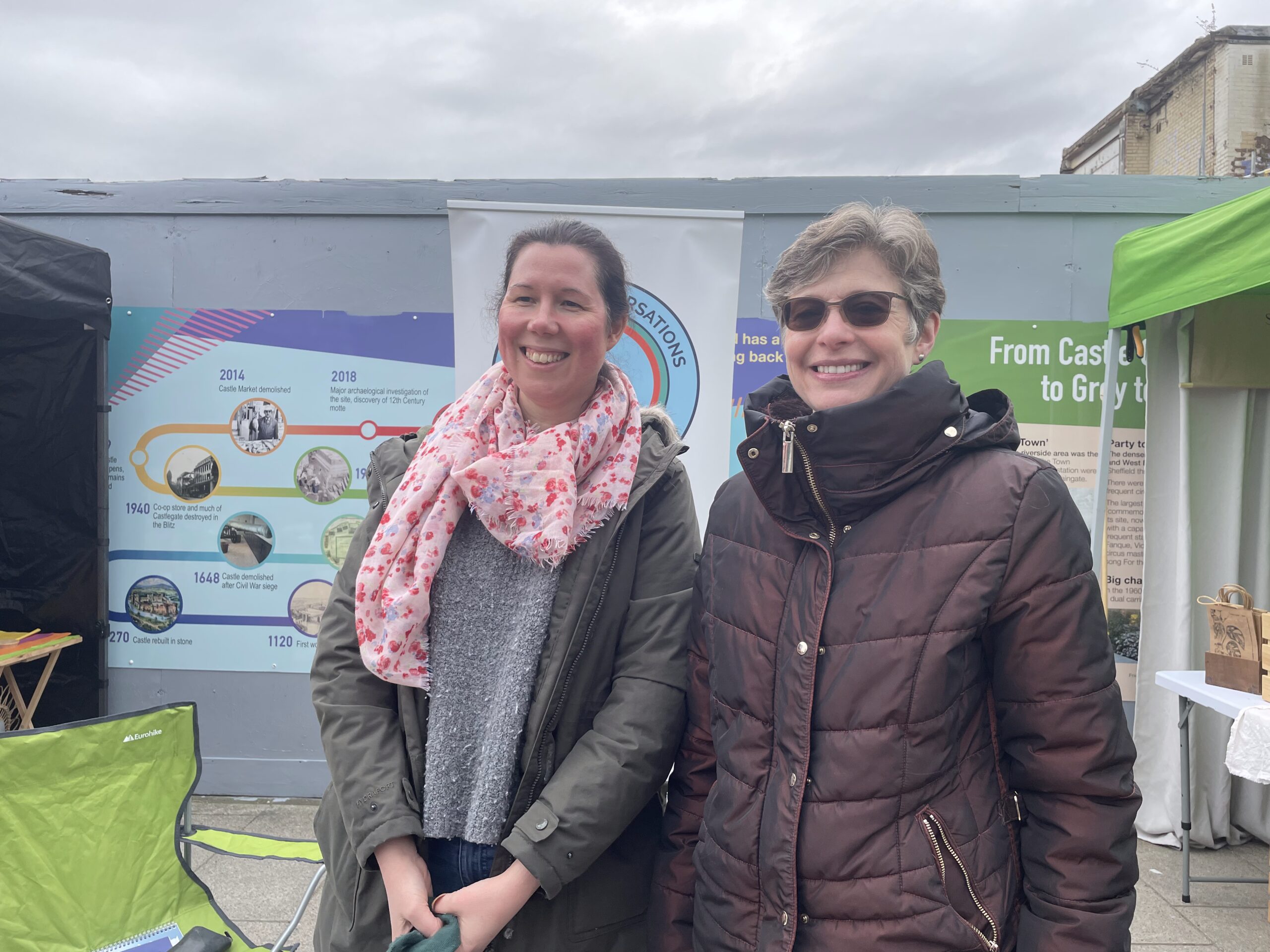The success of the Lionesses saw an upsurge in the number of women’s football teams but the opportunities available for players are still limited.
When England won the European Championships in the summer of 2022, there were almost 1,500 new women’s teams registered. Between October 2022 and October 2023, the total number of registered women playing football in England increased by 12 per cent.
With the new, seemingly abundant amount of teams and registered players, do women feel these statistics mirror their realities?
Emma Doyle, 24, is a professional footballer who plays in the FA Women’s Championship for Blackburn Rovers, doesn’t think so.
“Since the Lionesses won the Euros a couple of years ago, there has, one hundred percent, been increased attention on women’s football and girls wanting to play, but in terms of finding a team, it’s not changed,” she says. “In my experience, you’re either good enough to play for an academy or you don’t play at all.”

Emma, originally from Liverpool, has played football all of her life, and considers herself ‘one of the lucky ones’ after securing a professional contract. She believes, without this playing weekly, competitive football is still wholly inaccessible, especially compared with the opportunities her male counterparts have.
“Although we’re made to believe that girls are playing football, and it’s just as accessible for us, that’s not the case,” says Emma. “If you’re in your teens and you want to find a Sunday league team, I’m not really sure how you’d go about doing that. If you’re a lad and you fancy signing for someone, you just call one of your mates, and the next weekend you’ll have a club. It’s not like that for girls.”
Across Liverpool, there are only five locations where girls can play amateur weekend league football. Of these, only three divisions extend to players past the age of 13 – the city only has one open-age football league.

Chloe Bloxam, 22, is a content creator for Liverpool FC’s fan media outlet, Redmen TV, and regularly appears on BBC Sport, LFCTV and other sports media in the UK.
She believes playing in a competitive weekend amateur league isn’t the only problem faced by women. Just getting together for a ‘kickabout’ or joining a 5-a-side team for women is also difficult.
“The only time I usually get to play football is representing Redmen TV in tournaments and I’m playing against men who are in their 30,” says Emma. “They’re bigger, stronger, and obviously more athletic than me. There’s no enjoyment in that, it makes me feel like I’m c**p at football.
“But I’m not. I’m a good footballer. I had trials for Everton when I was a kid but I still play with men and it really limits what I can do with the ball and my enjoyment of the game.”

Chloe has spent years at a time without being signed to a team. “I used to play for a local side called Mossley Hill when I was younger,” she says. “But, for years I’ve not been able to find myself another team. Until recently, I’d have never even known that was possible.
“Last week was the first time I’d kicked a ball with a group of girls for six years.”
The lack of opportunity for girls is something that Chloe has felt acutely during and working in football and believes this is evidence that they don’t exist as prominently as they have been reported.
“You’d think that if anyone knew where to find girl’s footy, it would be me, especially working in the industry, but I honestly don’t,” she added.

Abigail Rudkin, 23, is an artist and avid Liverpool FC fan. She paints football-inspired artwork, represents Liverpool fans as a panellist on Sky Sports’ The Overlap, and regularly makes appearances on fan media outlets such as The Anfield Wrap.
She blames engrained and residual sexism throughout her early life and school years as the reason why she doesn’t play football. “I love football, but I never played it,” she says.
“I think that’s down to old-fashioned attitudes. When I was in school, we never played football in PE. We’d always do the stereotypically ‘female sports’ like netball. Football was never on the agenda. I wouldn’t play it now either, but that’s because I know without that experience, I wouldn’t be any good.”
“If it had been put in front of me as a kid though, I probably would have got into it,” Abigail says.

In October 2020, the FA launched a campaign, Inspiring Positive Change, an initiative designed to increase female participation and access to football. Their aim was to achieve equal access to the sport in 75% of schools’ PE lessons across the country by October 2024.
In December, the FA stated that they had reached this target 12 months earlier than expected.




